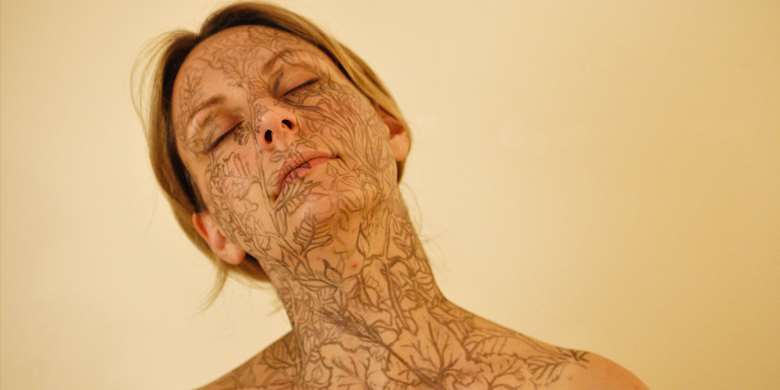Alice Zawadzki: “This pain of Spring often comes from the way we lay ourselves on the line again and again, especially in love”
Jane Cornwell
Monday, November 4, 2019
Vocalist, violinist and pianist Alice Zawadzki has gone decidedly seasonal for her latest boundary-breaking album, Within You Is A World Of Spring. She spoke with Jane Cornwell about genre-busting, the literary inspirations behind her work and the impact of New Orleans jazz singer Lillian Boutté upon her artistic development


Register now to continue reading

Thank you for visiting Jazzwise.co.uk. Sign up for a free account today to enjoy the following benefits:
- Free access to 3 subscriber-only articles per month
- Unlimited access to our news, live reviews and artist pages
- Free email newsletter